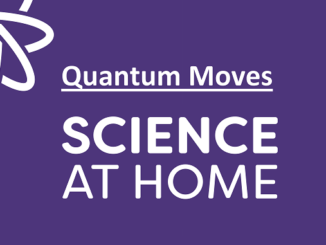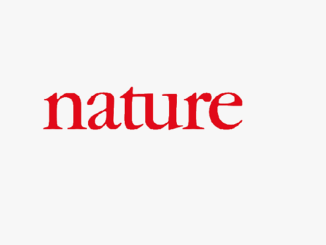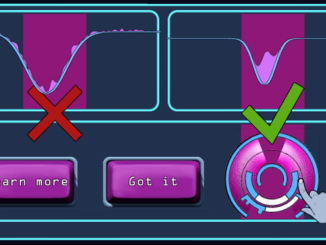
This paper presents results from the design and testing of an educational version of Quantum Moves, a Scientific Discovery Game that allows players to help solve authentic scientific challenges in the effort to develop a quantum computer.
The primary aim of developing a game-based platform for student-research collaboration is to investigate if and how this type of game concept can strengthen authentic experimental practice and the creation of new knowledge in science education. Researchers and game developers tested the game in three separate high school classes. The tests were documented using video observations of students playing the game, qualitative interviews, and qualitative and quantitative questionnaires.
The focus of the tests has been to study players motivation and their experience of learning through participation in authentic scientific inquiry. In questionnaires conducted in the two first test classes students found that the aspects of doing real scientific research and solving physics problems were the more interesting aspects of playing the game. However, designing a game that facilitates professional research collaboration while simultaneously introducing quantum physics to high school students proved to be a challenge.
A collaborative learning design was implemented in Class 3, where students were given expert roles such as experimental and theoretical physicists. This significantly improved the students feeling of learning physics compared to Class 1 and 2. Overall the results presented in this paper indicate that the possibility of participating in authentic scientific experiments, which this class of games opens, is highly motivating for students. The findings also show that the learning design in the class setting must be considered in order to improve the students’ experience of learning and that various design challenges remain to be addressed further.
arXiv:1511.01653
Read the full publication on arxiv.org
http://arxiv.org/abs/1511.01653


